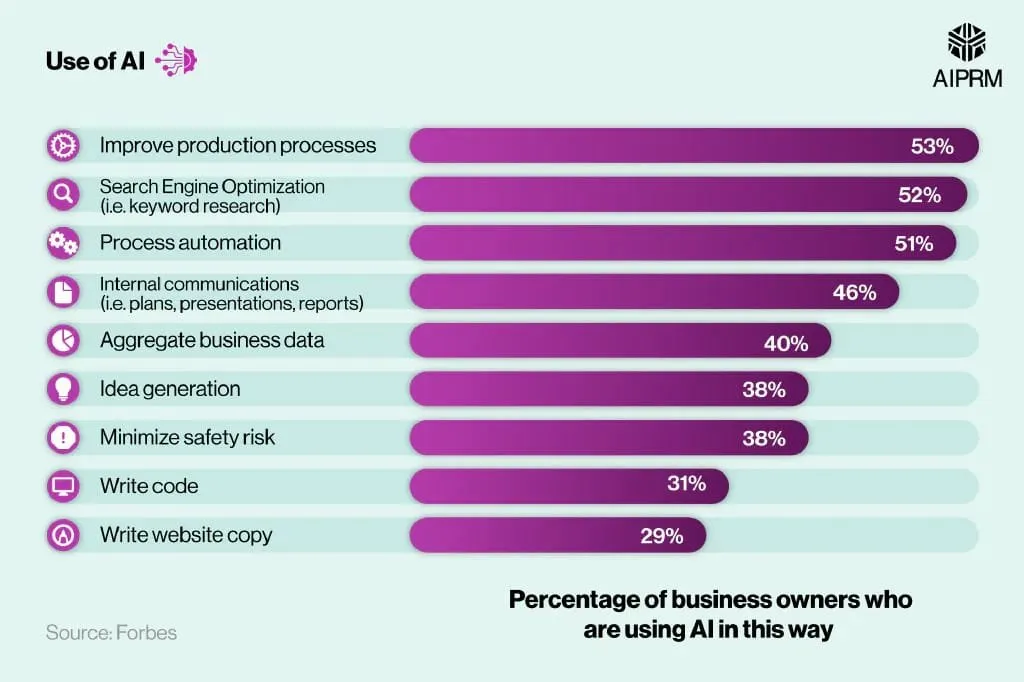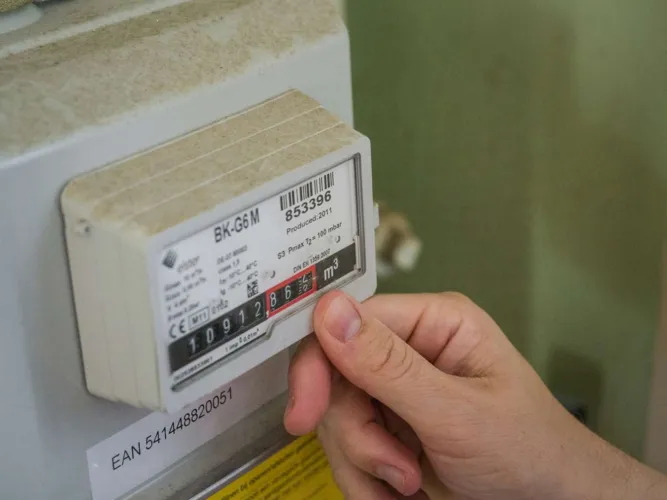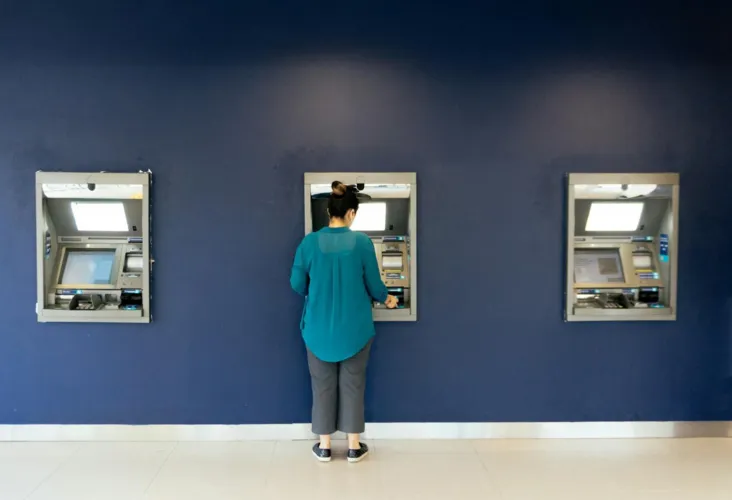Singapore is not waiting for the future—it’s building it. With over 500 million Singapore dollars invested in AI R&D in just five years, the city-state has made its ambitions clear. As one of the most AI-ready governments globally, second only to the United States, Singapore is positioning itself as a global leader in artificial intelligence by 2030. The Singapore AI Integration Strategy is already paying off. AI adoption among businesses has surged 37% over the past three years. Now, more than 70% of businesses are actively using AI to improve operations and make smarter decisions.

Singapore AI Integration Strategy Drives Innovation in Logistics
Nowhere is this transformation more evident than in logistics. In fact, 57% of logistics organizations in Singapore prioritize AI adoption—the highest rate in Asia. The results are tangible: AI is expected to increase Singapore’s cargo handling capacity from 3 million to 5.4 million tons annually, thanks to major projects like Changi Airport Terminal 5 and the second Airport Logistics Park.
AI-powered robotics and predictive systems are also reducing losses in cold-chain logistics, especially in sensitive sectors like pharmaceuticals and aerospace. By improving accuracy and streamlining maintenance, AI is reshaping how goods are moved, stored, and delivered.
Accelerating Smart Finance
Singapore’s finance sector is also embracing AI at speed. AI fintech funding jumped 77% in 2023, hitting $481.21 million across 24 deals. This growth defied a global slowdown in fintech investment. In just the second half of the year, AI-related fintech raised $333.13 million, reflecting a wave of new product launches and market confidence.
Behind the scenes, the Monetary Authority of Singapore is supporting this push through grants and co-financing programs, aimed at boosting both innovation and efficiency.
Read Also: What Are Singapore Fintech Innovation Landscape Advancements?
Smarter Public Services for Citizens with Singapore AI Integration Strategy
Singapore isn’t just using AI in business—it’s transforming how the public sector serves its people. Tools like the One Service chatbot have already saved around 2,000 man-hours by automating tasks like case routing and management.
Through agencies like GovTech, Singapore is now piloting generative AI to enhance citizen engagement and digital service delivery. The country ranks first in Asia for AI readiness in public services, thanks in large part to frameworks like the Digital Government Blueprint and the National AI Strategy 2.0.
Read Also: Singapore Smart City Initiatives Journey Towards a Better City
Investing in People and the Future
To support its AI-driven growth, Singapore is investing in people as much as in technology. The government’s goal is to upskill 15,000 individuals in AI technologies by 2026, preparing workers across industries for a digital future.
With 4.4 billion USD in AI venture capital investments in 2024 and strategic focus areas like logistics, finance, and retail, Singapore is building a robust ecosystem that connects talent, technology, and capital.
Singapore AI Integration Strategy: A Unified Strategy for Real-World Impact
The Singapore AI Integration Strategy is not a one-size-fits-all plan—it’s a sector-specific, data-driven roadmap. Whether it’s boosting cargo capacity, funding next-gen fintech, or saving hours in public services, the numbers show real progress. By embedding AI across its economy and public systems—and ensuring the workforce keeps pace—Singapore is proving that thoughtful integration, not just investment, drives results.







